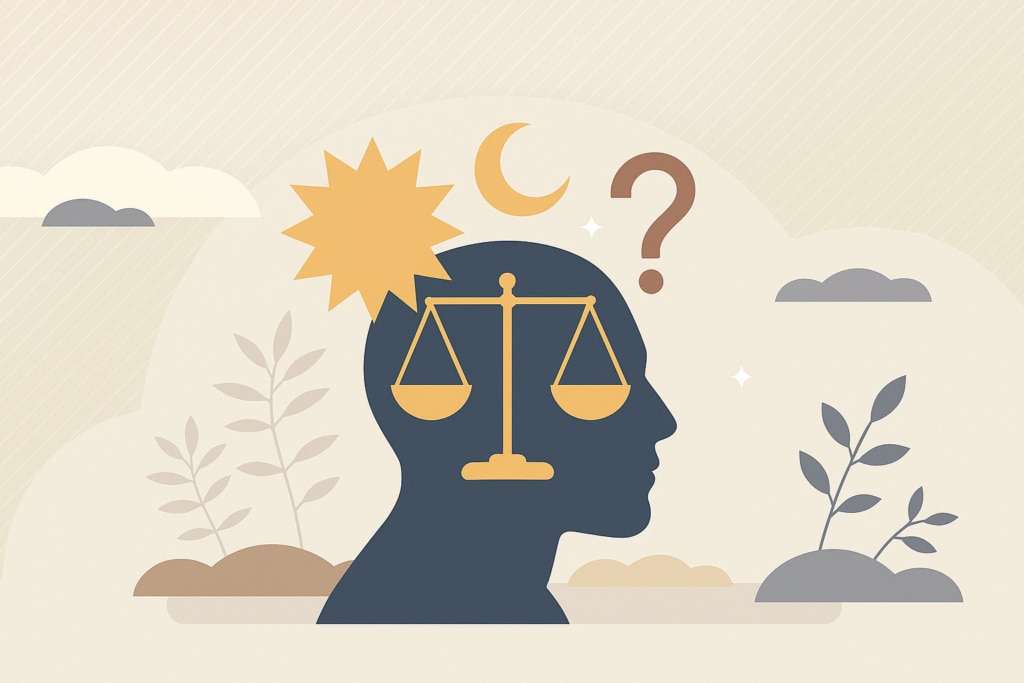Tashif Mahmood Ghumman, Canada

The concept of morality has been a cornerstone of human civilisation, governing our behaviour, relationship and sense of justice. Throughout history, philosophers, theologians and social scientists have debated whether morality is a product of divine guidance or merely a social construct that evolves with human societies.
From an Islamic perspective, morality is rooted in divine revelation, offering a timeless framework for ethical conduct that transcends cultural and historical shifts.
Morality as divine revelation
Islam teaches that morality is not a human invention but a gift from Allah, who sent prophets throughout history to guide humanity. The Holy Quran states:
“And We did raise among every people a Messenger, [preaching]: ‘Worship Allah and shun the Evil One.’” (Surah an-Nahl, Ch.16: V.37)
These messengers brought divine laws and principles, establishing universal values like justice, compassion and honesty.
The life of the Holy Prophet Muhammad, peace and blessings of Allah be on him, exemplifies the perfect moral character, as described in the Quran:
“And thou dost surely possess high moral excellences.” (Surah al-Qalam, Ch.68: V.5)
From an Islamic perspective, morality is objective, rooted in the will of Allah and offers humanity a blueprint for a harmonious society.
The argument for morality as a social construct
On the other hand, some argue that morality is a product of social evolution. This view suggests that human societies develop ethical norms to ensure cooperation, survival and order. What is deemed “moral” often reflects the cultural, economic and political contexts of a given era.
For instance, practices once considered moral in ancient civilizations, such as slavery, are now universally condemned.
However, this perspective raises questions about the stability and universality of morality. If ethics are merely subjective and ever-changing, how can humanity agree on a common moral framework?
The Islamic response
Islam reconciles these two perspectives by acknowledging that human societies play a role in shaping how moral principles are applied but asserts that the core values themselves are divinely ordained.
For example, justice is a universal value in Islam, but its implementation may vary based on time and place. The Quran states:
“Verily, Allah enjoins justice, and the doing of good to others; and giving like kindred; and forbids indecency, and manifest evil, and wrongful transgression. He admonished you that you may take heed.” (Surah an-Nahl, Ch.16: V.91)
While societies may adapt the application of justice, the principle remains constant, guided by divine revelation.
Morality in a changing world
The Islamic framework for morality provides stability in an ever-changing world. In an age where moral relativism often leads to confusion and conflict, the Quran and hadith offer timeless guidance. Islam emphasises personal accountability to Allah, ensuring that moral conduct is not solely dependent on societal approval or trends.
For instance, while modern society may normalise unethical behaviours for convenience or profit, Islam calls on believers to uphold their integrity, even when it is unpopular or difficult. The Quran reminds us:
“And do not let the hatred of a people prevent you from being just. Be just; that is nearer to righteousness.” (Surah al-Ma‘idah, Ch.5: V.9)
The question of whether morality is a divine revelation or a social construct is central to understanding the purpose of life and the human condition. From an Islamic perspective, morality originates from Allah and serves as a guide for all of humanity, offering a universal standard of ethics that transcends time and culture. While human societies may influence how these principles are practiced, the core values remain constant, rooted in the teachings of Islam.
In a rapidly evolving world, the Islamic framework for morality reminds us of the enduring power of divine guidance, urging humanity to seek justice, compassion and truth in all aspects of life.

